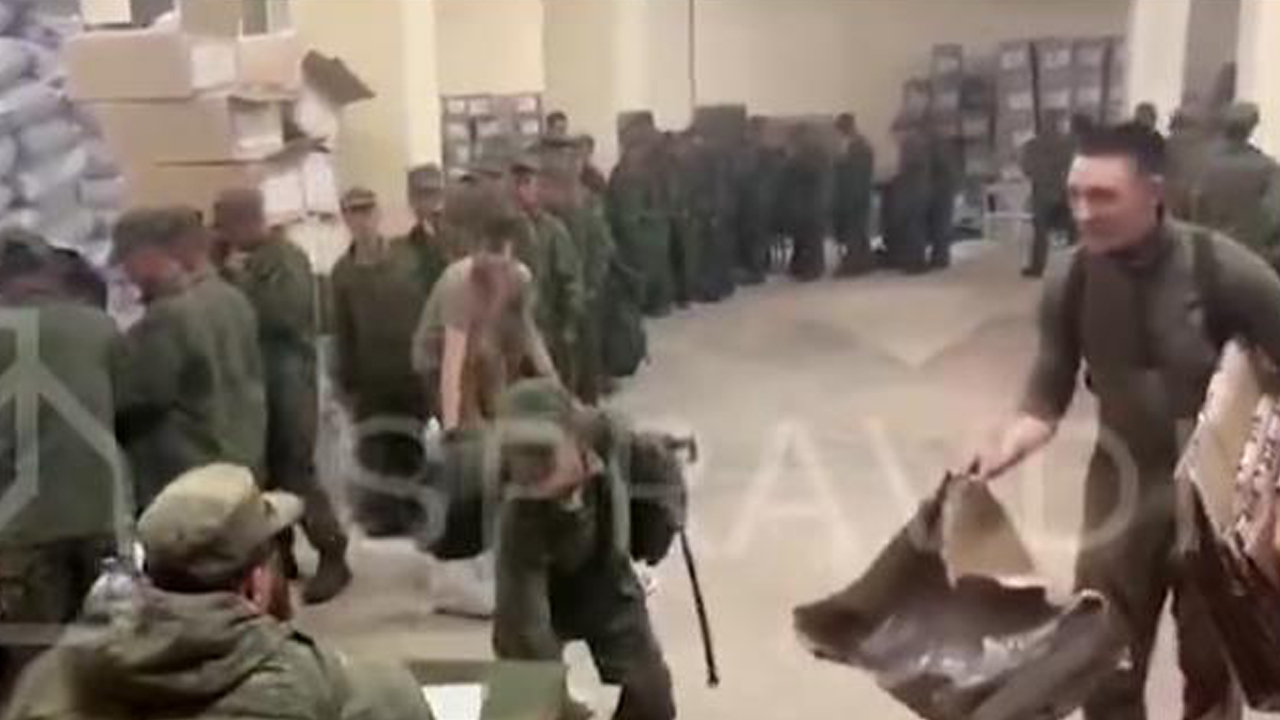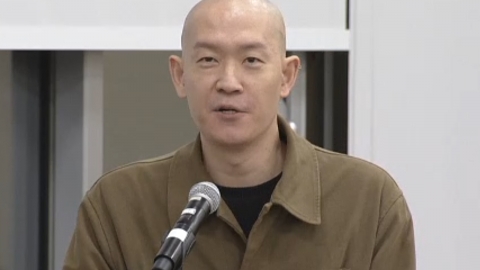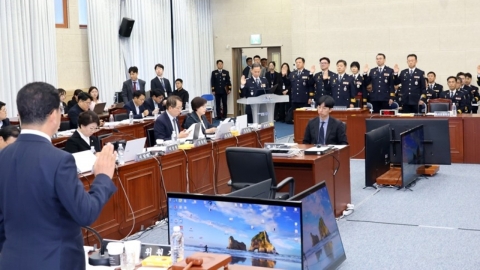Victor Cha, the South Korean chair of the Center for Strategic and International Studies (CSIS), a U.S. think tank, pointed out on the CSIS website on the 23rd local time that "North Korea has actually crossed the Rubicon River, although there is a limit to the number of troops to be sent to Russia."
Cha predicted that North Korea would become more diplomatically isolated.
Among Western countries, North Korea was closer to Europe than the United States or Japan, but it became difficult to maintain relations by participating in the war in Ukraine, which threatens the security of European countries.
"European governments will remember North Korea's decision to send troops to kill Europeans for a long time," Cha said. "Kim Jong-un's strategic decision will affect relations between North Korea and Europe in the long run."
Cha's analysis is that North Korea's participation in the war in Ukraine will also affect the relationship between South Korea and NATO.
South Korea has only provided non-lethal weapons to Ukraine, but now that North Korea has dispatched troops to Russia, it will find more active support measures.
In fact, South Korea has said that it can review its policy of providing Ukraine with only non-lethal weapons according to the trend in North Korea-Russia relations.
"It seems clear that President Yoon Suk Yeol is in a position to strengthen support for Ukraine," Cha said.
This situation could lead to stronger relations between South Korea and NATO, Cha predicted.
South Korea, along with Australia, Japan, and New Zealand, is seeking substantial cooperation in various fields as NATO's Indo-Pacific 4 (IP4) partner.
Cha also noted the possibility of a change in relations with North Korea and China.
China has maintained a favorable position with Russia since the outbreak of the war in Ukraine, but North Korea's dispatch is also an uncomfortable issue for China.
This is because Russia's expansion of influence over North Korea is not welcome, and North Korea's dispatch could lead to the deployment of U.S. troops on the Korean Peninsula or around China in the future and strengthening its military power.
He interpreted Chairman Kim Jong-un's decision to dispatch troops as "a bet on Russia, not China."
However, China does not have many means to express its dissatisfaction with North Korea or Russia.
Chairman Cha analyzed that China may restrict exports of petroleum coke used to manufacture bullets to North Korea.
At the same time, he pointed out that Chairman Kim Jong-un will want a price higher than food or fuel for Russia.The advanced military technology that North Korea has wanted since the days of the former Soviet Union
can be delivered.
"Chairman Kim has not hidden his hopes for intercontinental ballistic missile technology and nuclear submarine development that can evade U.S. air defense systems," he said.
In the end, Cha pointed out that North Korea's dispatch could be a paving stone for the maximum crisis in the nuclear non-proliferation regime.
※ 'Your report becomes news'
[Kakao Talk] YTN Search and Add Channel
[Phone] 02-398-8585
[Mail] social@ytn.co.kr
[Copyright holder (c) YTN Unauthorized reproduction, redistribution and use of AI data prohibited]

![[Video] Yang Jae-woong appears at the National Assembly, "Apologies to the bereaved family."](https://image.ytn.co.kr/general/jpg/2024/1024/202410241417482213_h.jpg)





![[Exclusive] Son Ye-jin and Ji Chang-wook star in the remake of 'Scandal - Joseon Men's and Women's Sangyeol Branch'](https://image.ytn.co.kr/general/jpg/2024/1024/202410241145387566_h.jpg)
![[Exclusive] E-sports Standard, China Dominates...Korea Stolen from Jongju-guk](https://image.ytn.co.kr/general/jpg/2024/1024/202410240532296551_h.jpg)

![[After playing the game] Harmony of action and art, 'First Bursker: Kazan'](https://image.ytn.co.kr/general/jpg/2024/1021/202410211345073387_h.jpg)